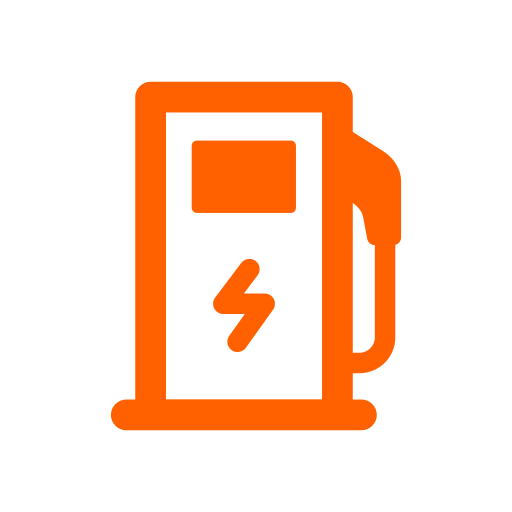MassCEC accelerates the commercialization of clean transportation technologies, animates new markets, and cultivates the growth of the clean transportation workforce
The transportation sector is the largest source of greenhouse gas (GHG) emissions in Massachusetts.
MassCEC is helping reduce transportation emissions and increase access to clean transportation by funding pilot and demonstration projects that prove out business and financing models, strengthen public-private partnerships, and introduce new technologies.
Massachusetts 2020 Greenhouse Gas Emissions by Sector

Accelerating Clean Transportation Now (ACTNow)
Awarded $1.4 million to a broad range of clean transportation projects with an overarching focus on business and finance models that can be replicated and scaled up. Projects funded under ACTNow included dealership education, electric school buses, last-mile shuttle service, carpool, and income-tiered carsharing models.
Accelerating Clean Transportation For All (ACT4All)
MassCEC awarded $5 million to 10 projects that will help disadvantaged communities address transportation needs and burdens with innovative clean transportation solutions.
Learn about EVs with Clean Energy Lives Here
Per the 2030 Interim Clean Energy and Climate Plan, Massachusetts has a goal of having 900,000 EVs on the road by 2030. Check out our Clean Energy Lives Here site to learn more about saving money and lowering the impact on the climate when you drive an EV.
MassCEC Transportation Initiatives
Light Duty Vehicles
Within the transportation sector, light duty vehicles make up 27% of total statewide GHG emissions and are the largest subset of transportation emissions. One of the most immediate solutions is to transition fossil fuel passenger vehicles and state and private fleet vehicles to zero emission vehicles (ZEVs). MassCEC has been catalyzing this transition through ZEV consumer education programs, incentives for electrification of taxi and ride-for-hire vehicles, income-tiered electric vehicle (EV) ride sharing, and charging station expansion.
Medium to Heavy Duty Vehicles
Medium- and heavy-duty vehicles (MHDVs), which are defined as class 2b – class 8 vehicles, make up 3% of the vehicles in MA, yet they produce 20% of on-road vehicle emissions in the Commonwealth. The majority (71%) of these MHDVs are powered by diesel, making electrification an essential step in reaching Massachusetts’ climate, transportation, and equity goals. To help speed this transition, MassCEC is offering free technical support to fleet managers who are interested in electrification, but don't know where to start.
School Buses
Massachusetts has 400 school districts that operate over 8,000 school buses serving 400,000 students. School buses, which are typically diesel fueled, present an ideal opportunity for electrification as they operate fixed routes, return to a domicile depot, and are often not operating mid-day when demand charges from the utility grid would be low and charging could occur. Substantial federal support for clean school buses is also currently available through the U.S. EPA's Clean School Bus Rebate Program, which subsidizes clean school bus purchases for low-income, high needs priority school districts across the country. To help Massachusetts schools take advantage of this funding, MassCEC is offering the ACT School Bus Program.
Multi-Modal and Transit
Mass transit and multi-modal transportation options are more affordable alternatives to vehicle ownership and help to reduce GHG emissions. However, not all residents in the Commonwealth, specifically rural residents, have access to mass transit. Those that do may also have difficulty with the "first mile/last mile" of their mass transit trips. MassCEC has supported first mile/last mile solutions and multimodal transportation options for rural and low-income residents through e-bike deployments, which have the potential to significantly reduce GHG emissions, improve air quality, reduce on-road congestion, and provide quality-of-life benefits for users.
Equity and Community-Based Initiatives
Clean transportation access and existing transportation burdens are not distributed equally across the Commonwealth. Through programs like ACT4All, MassCEC is combatting these historic inequities by ensuring that Environmental Justice Communities, Gateway Cities, low-income communities, communities of color, and other underserved and overburdened populations are not only benefiting from program outcomes, but are also actively involved throughout the process from program design to program completion.

Electric Vehicle Charging Stations
MassCEC is advancing the installation of electric vehicle charging infrastructure across the Commonwealth. With funding from the Massachusetts Electric Vehicle Infrastructure Coordinating Council, MassCEC is developing programs that will target a wide range of EV types and users.